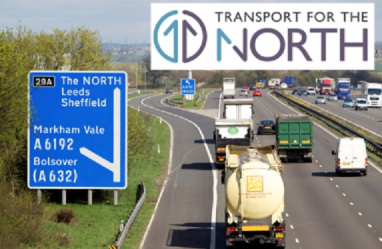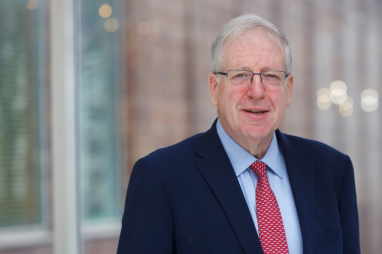- nike air force 1 uv color change da8301 100 101 release date
- SlocogShops , Kanye West Calls The adidas Yeezy Boost 350 V2 "Steel Grey" a "Fake" Colorway , adidas mock neck pullover sweater free pattern
- Платье, adidas Core 18 Длинные брюки , платье adidas — цена 598 грн в каталоге Короткие платья ✓ Купить женские вещи по доступной цене на Шафе, Украина #121602964
- Air Jordan 4 Retro Off - CV9388 - White Sail - 100 - Jordan Brand quietly slipped in a new rendition of the low-top
- nike navy acg fw18 , nike navy acg fw18 Low Release Date - SBD
- Air Jordan 3 Rust Pink CK9246 600
- Usher Air Jordan 11 Gold Sample
- nike air force 1 boot cordura black wheat university gold do6702 001
- air jordan 4 og fire red DC7770 160 release details price
- Travis Scott Air Jordan 1 High OG CD4487 100 Release Date Price
- Home
- News and analysis
- Info hubs
- Events
- Video
- Case Studies
- About us
- Magazine
- Advertising
Produced for the industry by the Association for Consultancy and Engineering
News
Landmark day for Transport for the North as it becomes independent body

Industry leaders have today welcomed Transport for the North’s (TfN) move to become England’s first sub-national transport body in which it will see new powers being granted that will hopefully provide northern decision makers with a greater say on how money is spent on transport in the region.
The inaugural board meeting today (5 April) will see TfN gain statutory status and provide an opportunity for the body to have a unified voice when attempting to make sure transport priorities in northern regions are prioritised in Whitehall.
Officials will be meeting at Mann Island in Liverpool to discuss the leadership of the country’s first sub-national transport body. They will be joined by the Greater Manchester Combined Authority and 18 other authorities in the region, who will gather alongside business leaders from 11 local enterprise partnerships and representatives from the Department for Transport, Network Rail, HS2 and Highways England.
In December 2017, members in the House of Lords approved regulations for TfN to gain statutory status and allow elected leaders to formulate a transport strategy for the north which the government must formally consider when taking funding decisions.
As well as taking formal decisions about the formation of TfN as a statutory body, the meeting will receive an update on the ongoing public consultation on its draft strategic transport plan. The board will also consider the merger of Rail North Limited into TfN. This will enable it to co-manage the Northern and TransPennine rail franchises.
Commenting on the body’s first meeting, Barry White, chief executive of TfN, said: “This is an important moment for Transport for the North, and also an historic moment as England’s first sub-national transport body formally takes up its new powers. The board meets at a busy and exciting time for Transport for the North, with our consultation on the draft Strategic Transport Plan ongoing until 17 April, work to develop Northern Powerhouse Rail continuing, and delivery beginning for our integrated and smart ticketing programme.

John Cridland, chairman of TfN, said: “The scale of opportunity and ambition cannot be understated. For the first time, recommendations on what and where investment is needed will be agreed by the people that live and work in the north, allowing us to speak with a united voice to central government. It’s a watershed moment for devolution and a once in a generation opportunity to deliver significant improvements in the north’s transport network. Our strategic transport plan will set the blueprint for transport infrastructure improvements across the next 30 years and will allow us to make a strong and consistent case to government for sustained investment in the north.”
Civils contractors have also welcomed today’s move as a “milestone” with Marie-Claude Hemming, director of external affairs for the Civil Engineering Contractors Association (CECA), believing it’s essential the north is no longer allowed to lag behind that of the south east.
“Transport for the North’s accession to statutory status fulfils a long-held CECA policy goal,” Hemming said. “CECA is a keen advocate of rebalancing the economy. We have published a range of policy proposals that we believe, if implemented, would enable the north of England to fulfil its potential as an economic powerhouse. One of these proposals was granting statutory status to Transport for the North in order to deliver an integrated transport strategy for the region.”
Transport minister Jo Johnson, will also be in attendance at the meeting which will see the approval of TfN’s business plan and budget for 2018/19. “Establishing Transport for the North demonstrates our unwavering commitment to giving our great towns and cities of the north far greater influence over transport investment decisions,” Johnson said. “This government is investing over £13bn - more than any government in history - to transform northern transport, boost economic growth and deliver significantly improved journeys for passengers. We are already seeing the real, tangible benefits of that investment at Liverpool Lime Street, including major upgrades to platforms and signalling at this great Victorian station," said Johnson.





